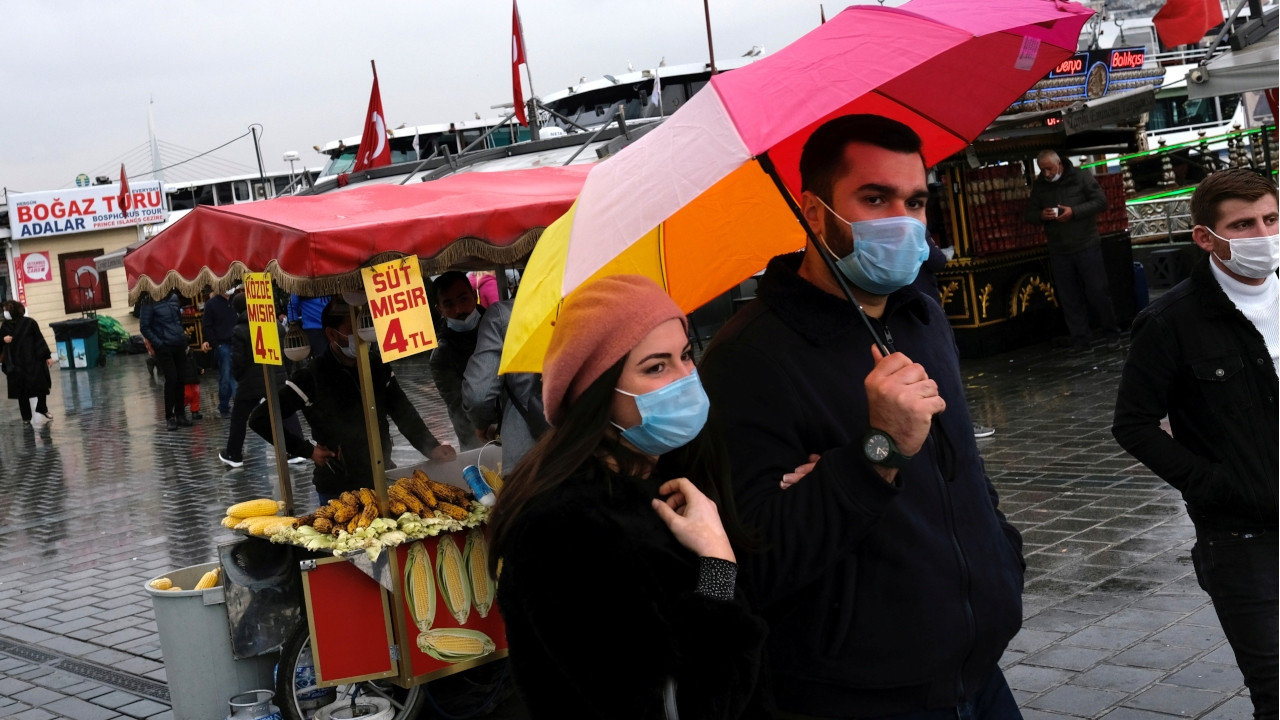Erdoğan announces opening of 'massive' Ankara opera building shortly after rolling out new virus measures
President Recep Tayyip Erdoğan has announced that a “massive” opera building will be opened in the capital Ankara on Dec. 3, and the opening ceremony will see the attendance of 300 people. Erdoğan made the announcement as he rolled out new restrictions to curb the spread of the novel coronavirus pandemic, which has recently led to a record-high number of infections.
Duvar English
President Recep Tayyip Erdoğan has announced that a “massive” opera building will be opened in the capital Ankara on Dec. 3.
“We are continuing to undertake investments. We are continuing to inaugurate [projects]. And now we will open a massive opera building in Ankara on Thursday evening,” Erdoğan said on Nov. 30, adding that 300 people will be attending the opening ceremony.
“Normally although the place can accommodate 2,000 people, we will do the opening ceremony with the participation of 300 people [due to the COVID-19 pandemic],” he said.
Erdoğan made the comments as he announced more restrictions in the fight against the novel coronavirus. He said that Turkey will impose a weekday curfew and a full lockdown at weekends to combat the spread of the coronavirus.
The government is also building another opera house at the heart of Istanbul, on the buzzing Taksim Square.
In 2017, Erdoğan announced that the Atatürk Culture Center (AKM) would be demolished and be replaced by a complex which includes an opera house, theater hall, a conference center and cinema on the site, near Gezi Park, the epicenter of the 2013 protests.
Erdoğan has long argued for the need to replace the AKM, saying the building is not resistant to earthquakes. The AKM has been closed to the public for over 10 years due to disagreements regarding its renovation and infrastructure.
Opponents see the AKM's demolition as further proof that Erdoğan wants to reverse the secular order established by Atatürk in the 1920s and to reduce the use of the state founder’s name and image in public life.
Some 60 percent of the construction at the new site has been reported complete, as work continues on the new building.

 Turkey announces weekday, weekend lockdown to slow spread of COVID-19Coronavirus
Turkey announces weekday, weekend lockdown to slow spread of COVID-19Coronavirus